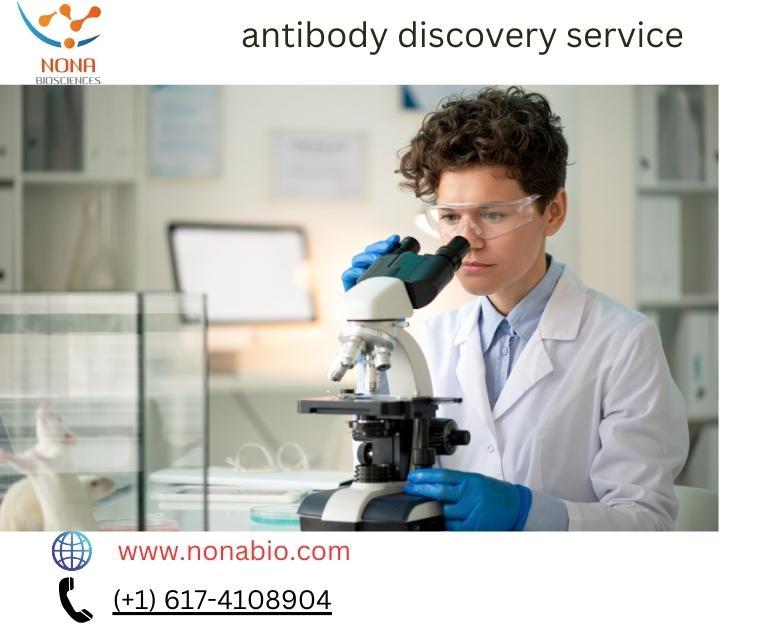This article explores the transformative impact of antibody discovery services and how they are shaping the future of medicine.
Antibody discovery service harness a combination of cutting-edge technologies and scientific expertise to navigate the complex process of identifying high-affinity and highly specific antibodies against a wide range of targets. From initial antigen preparation to the final selection of candidate antibodies, these services streamline the discovery phase, significantly accelerating the development of new therapeutics.
One of the core technologies employed in antibody discovery is hybridoma technology, a traditional method that involves fusing B cells with myeloma cells to produce monoclonal antibodies. While effective, the advent of newer, more efficient techniques has expanded the capabilities of antibody discovery services. Phage display technology, for example, allows for the screening of vast antibody libraries against target antigens, enabling the rapid identification of candidates with desired properties. Similarly, transgenic mice engineered to produce human antibodies have become invaluable tools for generating fully human monoclonal antibodies, minimizing the risk of immunogenicity in therapeutic applications.
Antibody discovery services also leverage advanced bioinformatics and computational biology to predict antibody-antigen interactions and optimize antibody candidates for enhanced efficacy and safety. Through structure-based drug design and in silico modeling, these services can refine antibody structures, improving their stability and reducing the likelihood of off-target effects.
The applications of antibodies discovered through these services are vast and varied, spanning oncology, autoimmune diseases, infectious diseases, and beyond. In cancer therapy, for example, monoclonal antibodies can be designed to target specific tumor antigens, blocking the signals that promote cancer cell growth and survival. Antibody discovery services are also instrumental in the development of antibody-drug conjugates (ADCs), where antibodies are conjugated to potent cytotoxic drugs, delivering them directly to cancer cells while sparing healthy tissue.
Beyond therapeutic applications, antibodies identified through discovery services play crucial roles in diagnostics, serving as highly selective probes in tests that detect the presence of disease markers. The versatility and specificity of antibodies make them indispensable tools in research, diagnostics, and therapeutic interventions.
The collaborative model of antibody discovery services, involving partnerships between academic research institutions, biotech startups, and pharmaceutical giants, further amplifies their impact. By combining diverse expertise and resources, these partnerships accelerate the translation of scientific discoveries into clinical applications, bringing innovative treatments to patients more rapidly.
In conclusion, antibody discovery services are pivotal in the development of next-generation therapeutics, offering a pathway to harness the therapeutic potential of antibodies. Through the utilization of cutting-edge technologies and collaborative approaches, these services are driving forward the boundaries of what is possible in medicine, paving the way for new treatments that promise to improve patient outcomes and transform healthcare.

